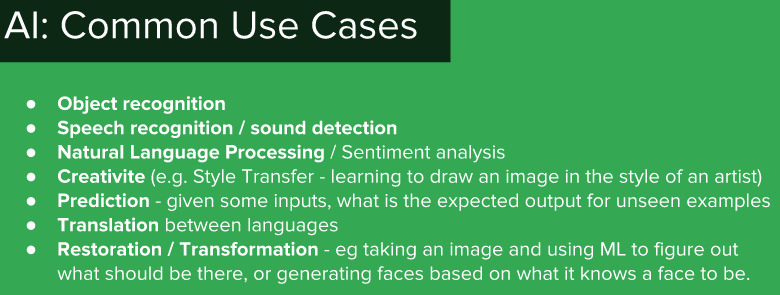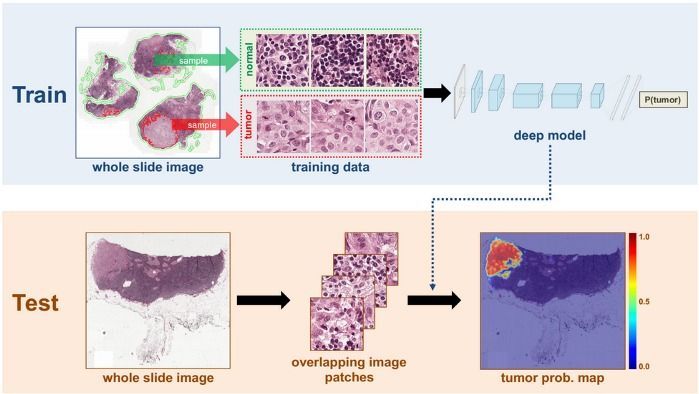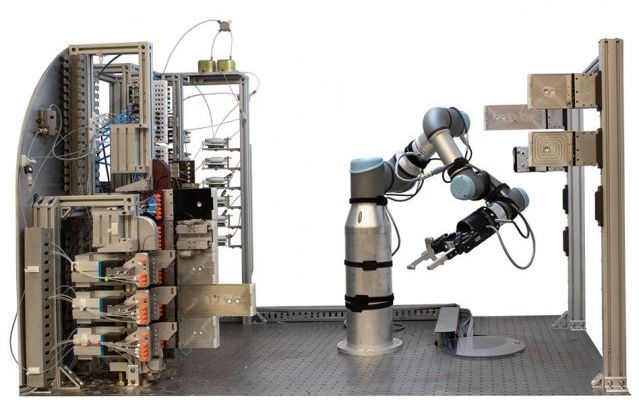A trio of physicists from the National Autonomous University of Mexico and Tec de Monterrey has solved a 2,000-year-old optical problem—the Wasserman-Wolf problem. In their paper published in the journal Applied Optics, Rafael González-Acuña, Héctor Chaparro-Romo, and Julio Gutiérrez-Vega outline the math involved in solving the puzzle, give some examples of possible applications, and describe the efficiency of the results when tested.
Over 2,000 years ago, Greek scientist Diocles recognized a problem with optical lenses—when looking through devices equipped with them, the edges appeared fuzzier than the center. In his writings, he proposed that the effect occurs because the lenses were spherical—light striking at an angle could not be focused because of differences in refraction. Isaac Newton was reportedly stumped in his efforts to solve the problem (which became known as spherical aberration), as was Gottfried Leibniz.
In 1949, Wasserman and Wolf devised an analytical means for describing the problem, and gave it an official name—the Wasserman-Wolf problem. They suggested that the best approach to solving the problem would be to use two aspheric adjacent surfaces to correct aberrations. Since that time, researchers and engineers have come up with a variety of ways to fix the problem in specific applications—most particularly cameras and telescopes. Most such efforts have involved creating aspherical lenses to counteract refraction problems. And while they have resulted in improvement, the solutions have generally been expensive and inadequate for some applications.






